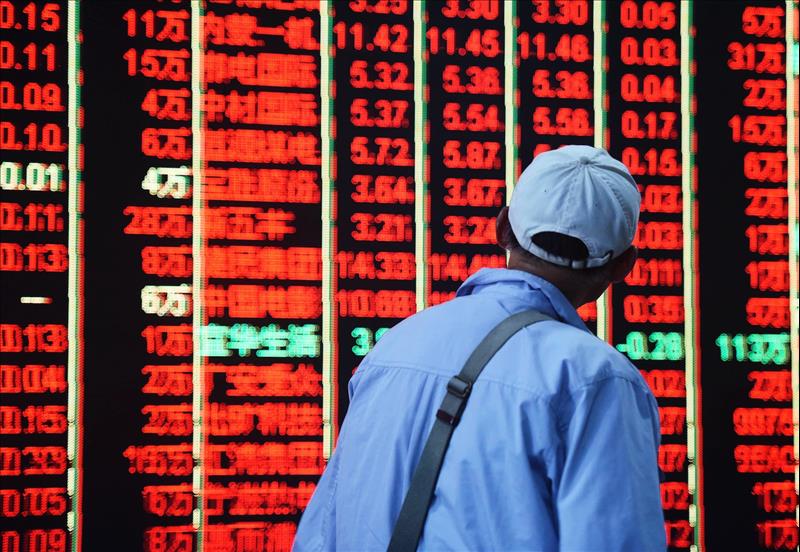
Smart Money's Looking Beyond China Stimulus Debate
The conflict between the long and short views is nothing new. For decades, the“Washington Consensus” gang has advised Beijing to recalibrate its unbalanced economy, which free market advocates see as too reliant on giant, opaque state-owned enterprises and the vast subsidies that sustain them.
But Xi's efforts to do just that have often collided with anxious investors who seem increasingly unwilling to give Beijing the space needed to get under the hood and overhaul its US$17 trillion economy.
Until now, perhaps. Over the weekend, the friction between Team Xi and impatient markets was on stark display.
On Saturday (October 12), Xi's Ministry of Finance (MOF) held an unscheduled press conference that had markets buzzing about a possible huge new stimulus jolt to ensure China hits its 5% economic growth target for 2024 and fresh steps to combat increasingly entrenched deflation.
When MOF focused on broader reform themes and declined to offer a specific price tag on the dangled stimulus, futures markets slid. Yet by Monday, stocks rose.
Investors concluded that even if Beijing isn't deploying its massive stimulus“bazooka,” the MOF's latest statements reflect the pragmatism markets have long-craved from Xi's inner circle.
Economist Harry Murphy Cruise at Moody's Analytics said the weekend announcement“ticked most of the right boxes, but it lacked detail on the scale and scope of new spending,” noting that“we expect more supports to be announced through the remainder of the year.”
Economist Zhiwei Zhang, president and chief economist at Pinpoint Asset Management, says,“these policies are in the right direction.”
Even after the recent rally, a buoyant bounce from the US$6.5 trillion rout dating back to 2021, there's a valid argument that Chinese stock valuations are now fairly valued . Indeed, Chinese shares are now trading at far lower multiples than those seen in the US, where new market highs are being recorded by the day.
“Despite no large fiscal stimulus number, the MOF press conference was still an upside surprise to us,” explains Jing Liu, an economist at HSBC Holdings.“The policy pivot looks very much here to stay, with the improving risk appetite creating a wealth effect in both the stock and property markets.”
Odds are, though, that this is a trust-but-verify moment for markets. To some extent, bullish investors are reacting to Beijing's hints of more support to come for the crisis-plagued property sector and highly indebted local governments with new, targeted fiscal-spending jolts.
The incentive for more stimulus is rising. In September, Chinese exports and imports came in weaker than expected, raising new doubts about the economy's main bright spot. Overseas shipments, for example, rose just 2.4% year on year, a sharp fall from August's 8.7% increase.

Legal Disclaimer:
MENAFN provides the
information “as is” without warranty of any kind. We do not accept
any responsibility or liability for the accuracy, content, images,
videos, licenses, completeness, legality, or reliability of the information
contained in this article. If you have any complaints or copyright
issues related to this article, kindly contact the provider above.





















Comments
No comment